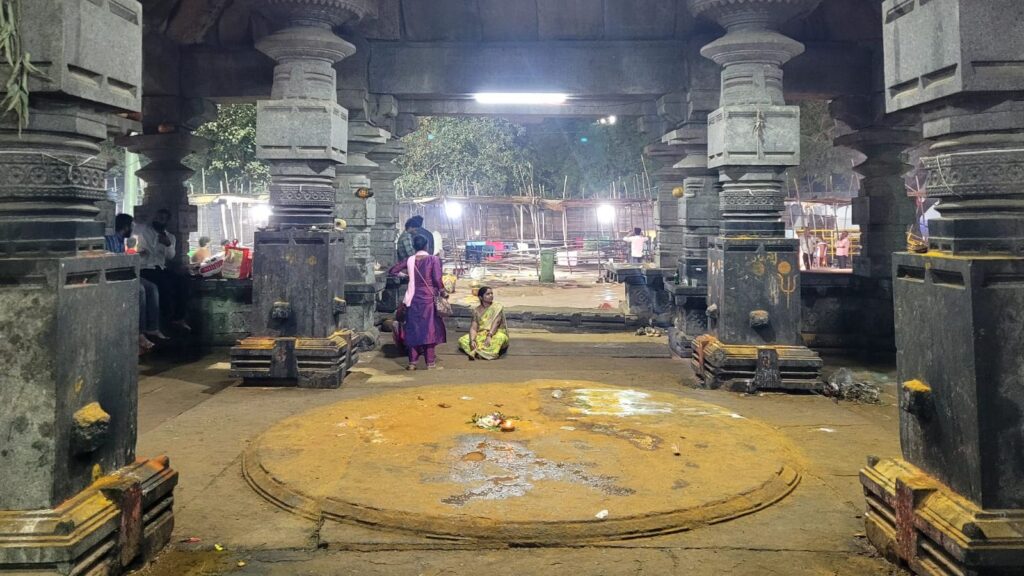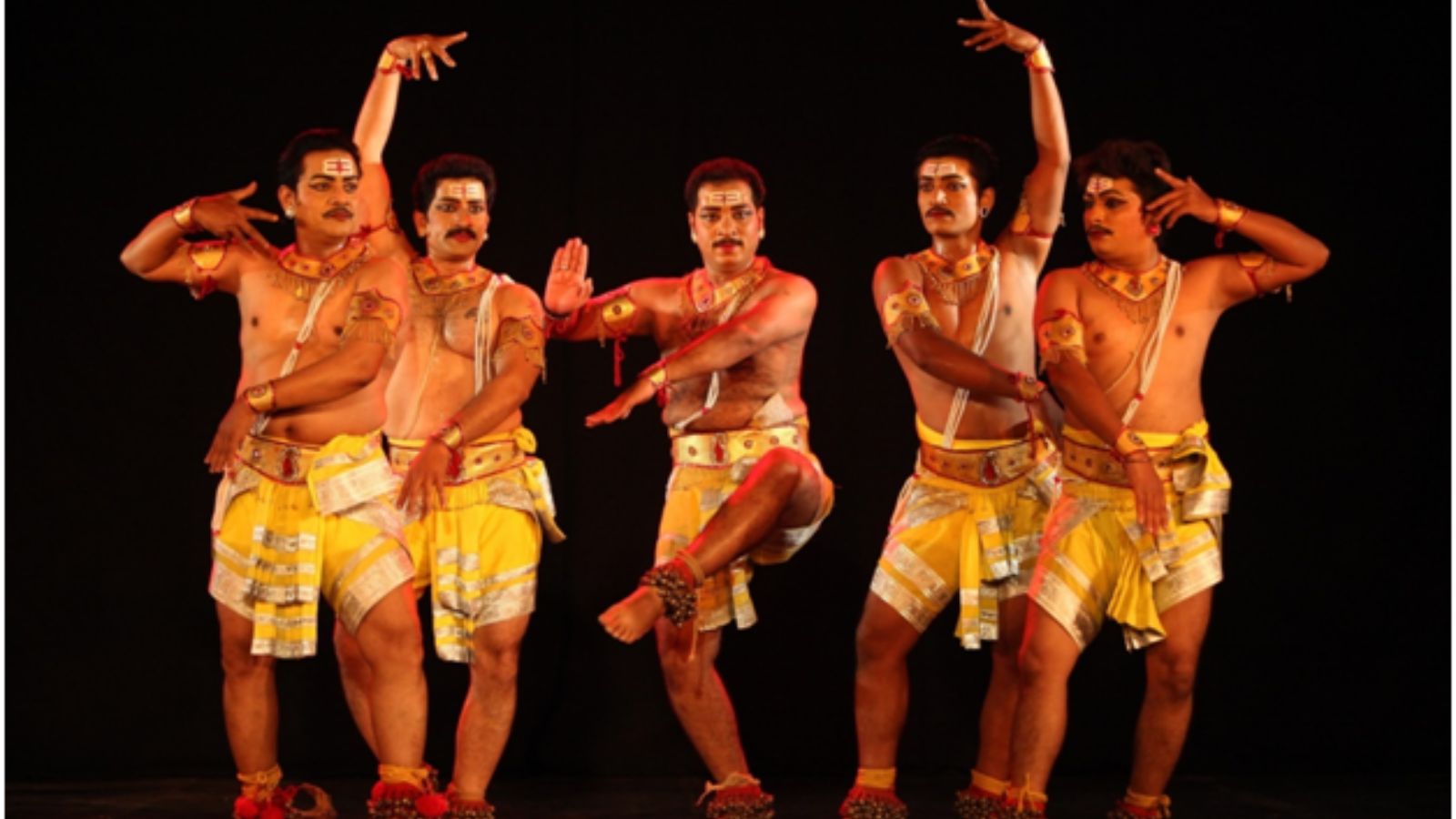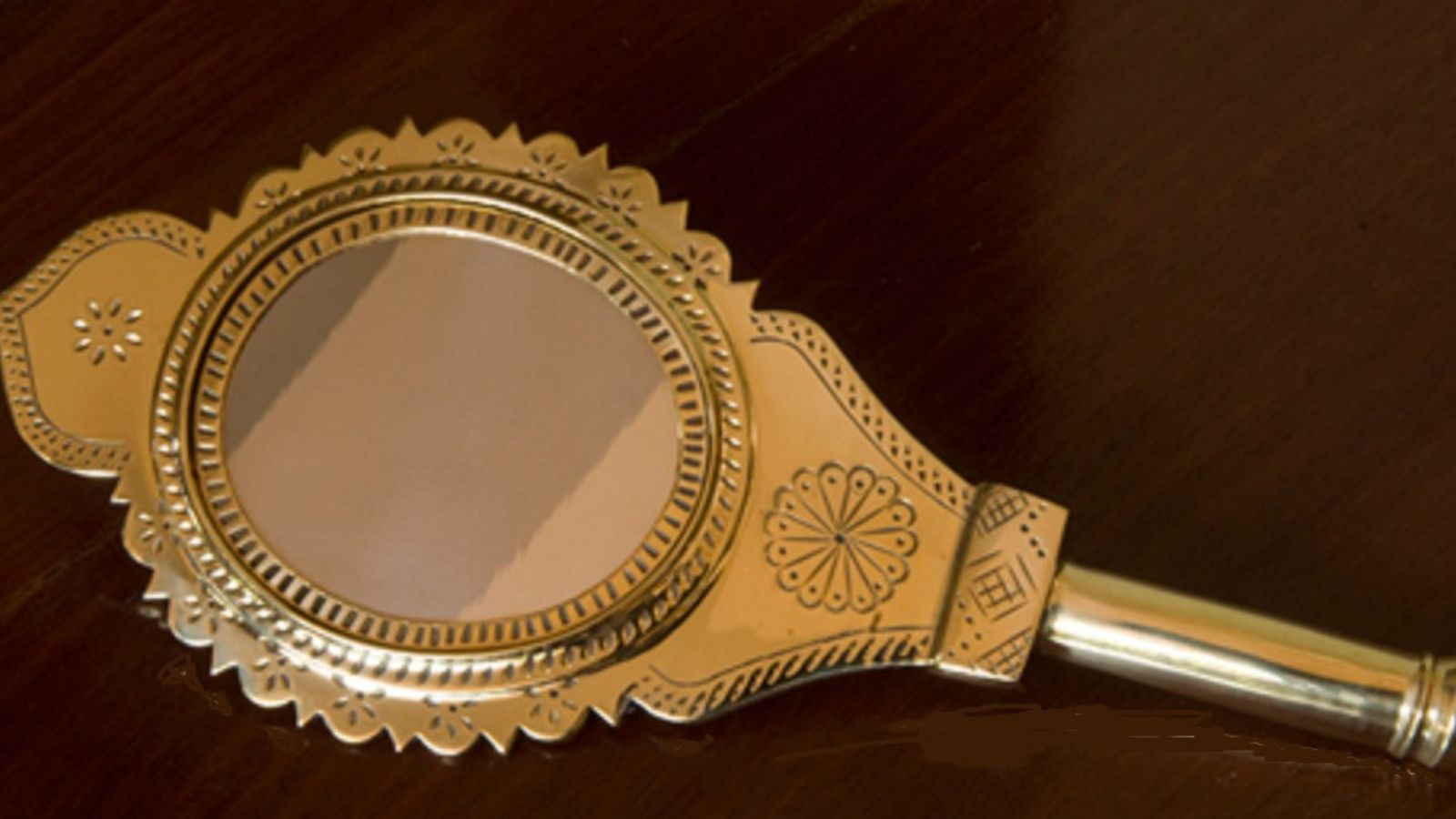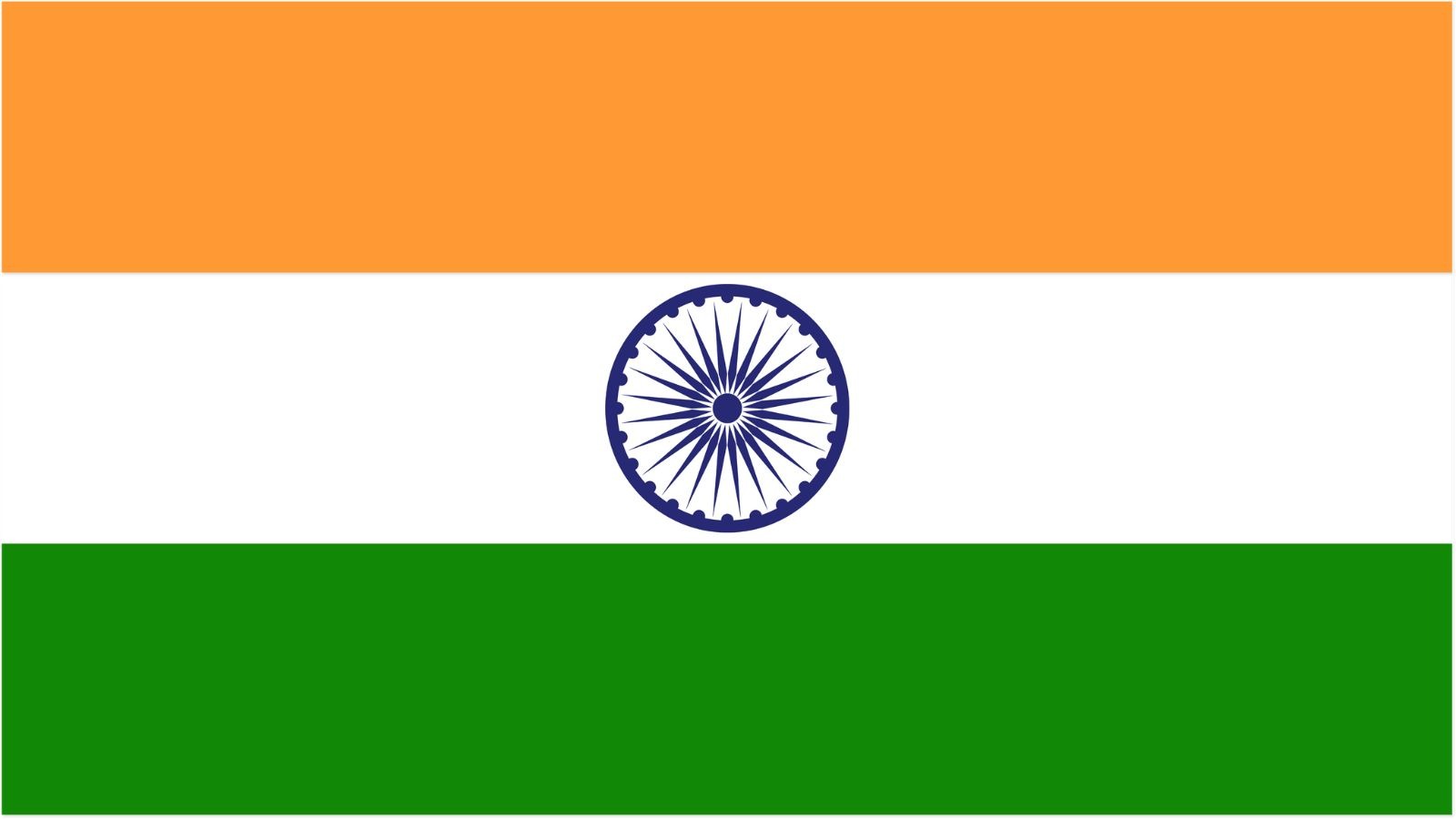Perini Shivatandavam, also known as the Dance of Warriors, is a vigorous dance form performed in honor of Lord Shiva, the supreme cosmic dancer. It originated and flourished during the reign of the Kakatiya dynasty, which ruled Orugallu (Warangal) as its capital between the 12th and 14th centuries CE. The dance holds deep spiritual and historical significance.
Why it is called Perini Shivatandavam
Perini Shivatandavam was traditionally performed by male warriors before they marched into the battle. It was more than a mere performance—it was a sacred ritual meant to invoke divine energy, or prerana (inspiration) needed for warfare. Hence, the name Perini Shivatandavam. The dancers moved with intensity and rhythm, synchronizing their powerful movements to the thunderous beat of drums, embodying the forces of destruction and creation personified by Lord Shiva as Nataraja.
Role of Kakatiya Temples in Preserving the Dance
The Kakatiya rulers were patrons of the arts. Many of their temples—including the famous Thousand Pillar Temple, Ramappa Temple, and Inavolu Mallanna Temple in Telangana—had specially designed natya madapas (dance platforms) where this dance was performed. The mandapas are supported by beautifully carved pillars with intricate designs and carvings. The dance was typically performed in front of an idol of Nataraja.

Natya Mandapam at Inavolu Mallanna Temple, Telangana
The Near Extinction and Revival of Perini Shivatandavam
After the fall of the Kakatiya dynasty, Perini Shivatandavam nearly vanished into obscurity. However, in the 1970s, the legendary dance guru Dr. Nataraja Ramakrishna breathed new life into this art form, restoring it to its pristine glory. Even today, this remarkable dance form continues to spellbind audiences, keeping alive the warrior spirit and cultural heritage of India.
Dancers Image Credit: Wikipedia



